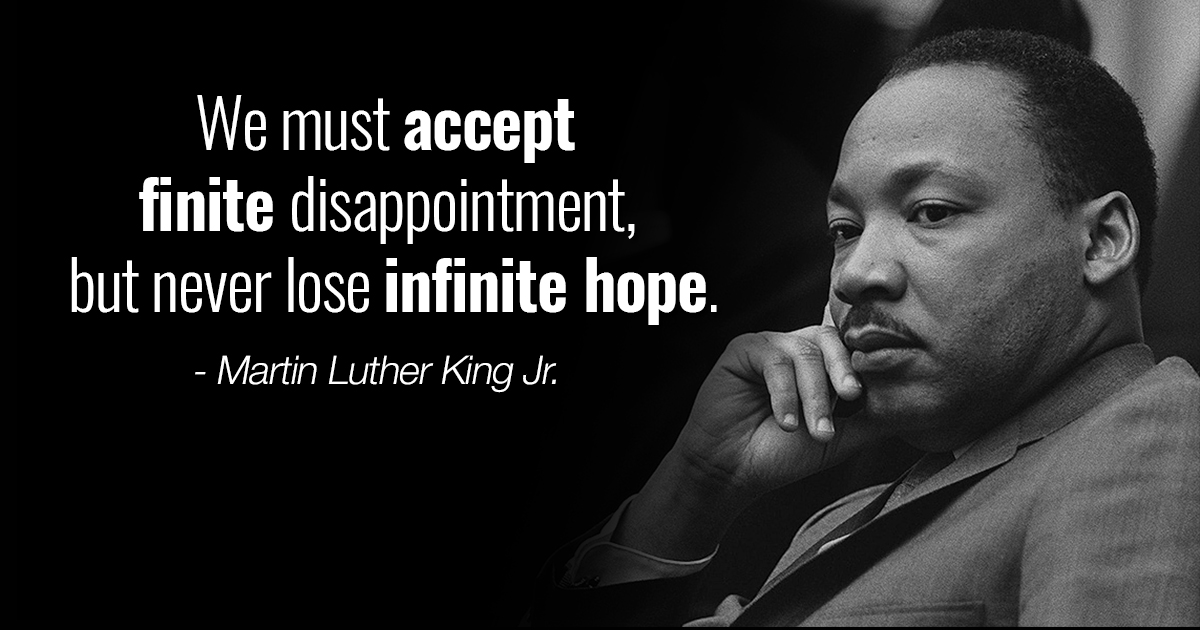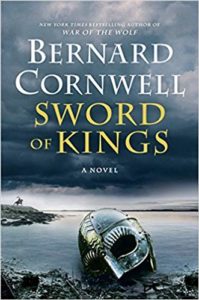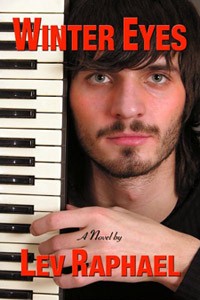My Holocaust survivor parents arrived in the U.S. in 1950 and followed the Civil Rights movement in the 50s and 60s with hope and horror. When they saw TV footage of demonstrators being dragged, beaten, attacked by dogs, it triggered terrible memories of Nazis and other oppressors for them. But they sincerely believed that this country would fulfill its promises of freedom and equal rights.
As a kid I read a lot about the Founding Fathers and the American Revolution, especially biographies, but none of those figures moved me the way Martin Luther King, Jr. did. His eloquence and passion weren’t something from the past: they were immediate–like his speech at the Lincoln Memorial.
LIFE Magazine was always in our house along with a handful of newspapers, and somewhere, somehow in fourth or fifth grade I read at least part of King’s powerful and eloquent “Letter from a Birmingham Jail.”
I was an early reader and read beyond my grade level, but this manifesto was completely different from the books of various country’s folk tales, books about dolphins, and science fiction that I brought home from the local public library every week.
King offered poetry, passion, and inspiration–things I hadn’t truly encountered in any book before. My favorite books at the time were Alice in Wonderland, Cheaper by the Dozen, and The Three Musketeers, each of them entertaining in different ways. But King’s words soared:
“Any law that uplifts human personality is just. Any law that degrades human personality is unjust.”
“The nations of Asia and Africa are moving with jetlike speed toward the goal of political independence, and we still creep at horse-and-buggy pace toward the gaining of a cup of coffee at a lunch counter.”
“If the inexpressible cruelties of slavery could not stop us, the opposition we now face will surely fail. We will win our freedom because the sacred heritage of our nation and the eternal will of God are embodied in our echoing demands.”
I can see myself curled up in a big, wide-armed living room chair, some green material shot through with bold threads, transfixed. And in my own head, I made connections between how Jews had been considered less than human in Nazi Germany with how America’s blacks were being treated as they fought for equality.
I did a school report on King and it must have been noteworthy because it was sent to a display at the local school district’s offices. I have no memory of what was in it, but can picture the illustration pasted to the construction paper cover: a black hand reaching up, something I’d probably cut out from LIFE.
It was the first time my writing had been recognized, but more importantly, it was the first time I’d felt propelled to write, to pay tribute. And the first time my writing had affected anyone but me. I didn’t know it at the time, but that was the real start of my career as a writer because I discovered the power of words to change the world.
Lev Raphael is the author of 26 books in genres from memoir to mystery including Writer’s Block is Bunk. He teaches creative writing workshops online at writewithoutborders.com.



